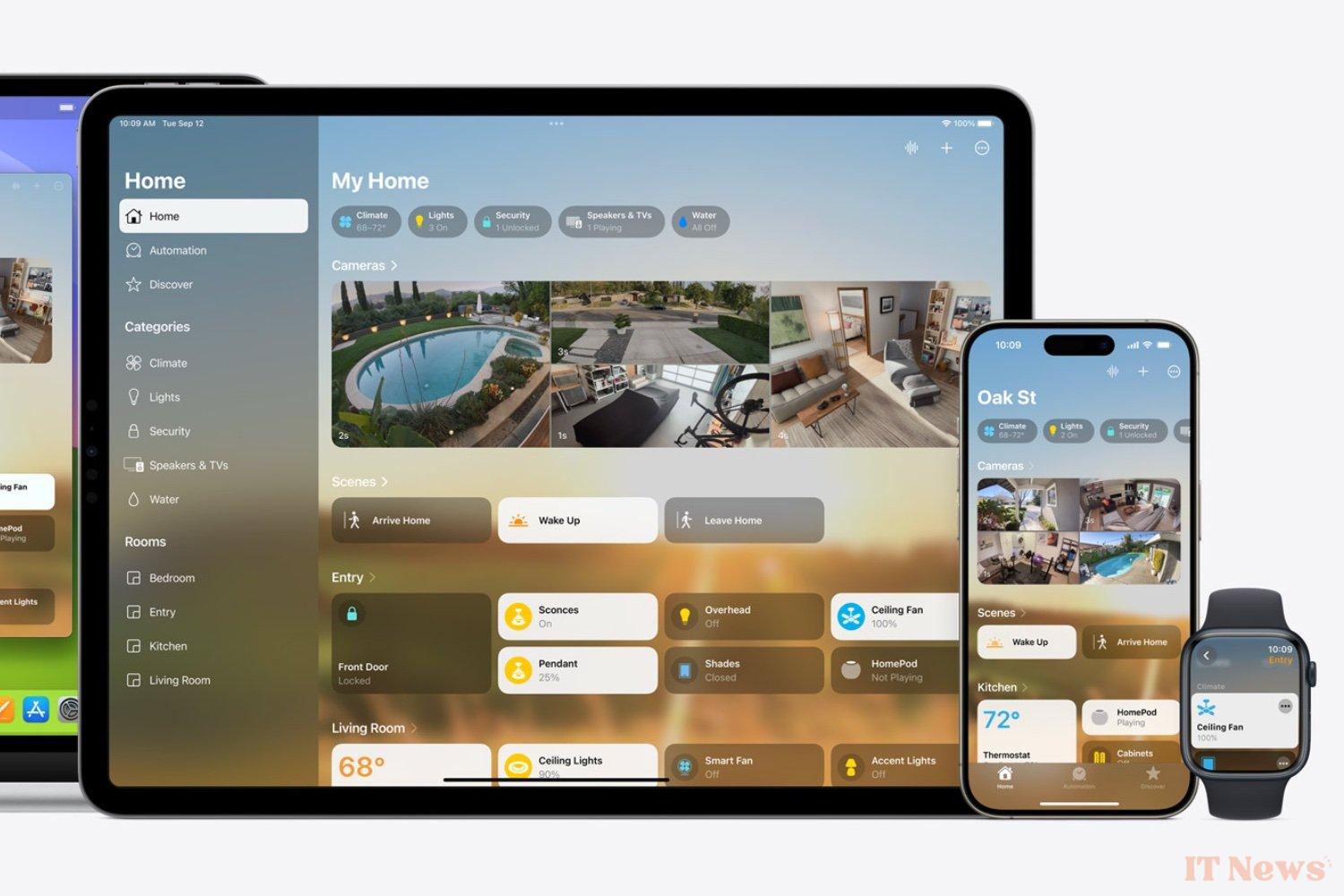At the end of 2022, Apple launched a new architecture for HomeKit, the infrastructure that allows you to control devices in your connected home. In principle, the idea was good: hubs like the Apple TV or HomePod centralize information from home automation products and automatically send it to the Home app. Previously, this information was collected by the Home app when it was launched, which can cause some latency.
Migraine in perspective
With this redesigned architecture, information is displayed much more quickly. Very good, except that it has a very bad reputation: Apple quickly removed it because it caused serious reliability problems, with devices blocked during the update or configuration phase.
After tightening a few screws, the manufacturer offered this architecture again with iOS 16.4, in March 2023. The update, to be installed from the Home app, no longer poses technical problems, but it has remained optional. The user is free to stay with the old architecture. But that could change with iOS 18.4, the final version of which is expected in April.
9to5Mac has indeed spotted in the code of the 3rd beta provided yesterday, a sentence that leaves no room for doubt: the system warns that "Apple Home support is ending soon. Update now to avoid interruptions with your accessories and automations". For the moment, we have no confirmation that Apple will actually force users of HomeKit products to switch to the new architecture, or if there will be a grace period until iOS 19, for example.
While the new architecture does indeed have its advantages, it also poses a problem: what will happen to those who have a device that is incompatible with iOS 18? We are thinking of the iPhone 8 and X, which are still in the running for many users. And the headache will turn into a nightmare if several people in the household have control of HomeKit devices, with iPhones of different generations.
Source: 9to5Mac



0 Comments